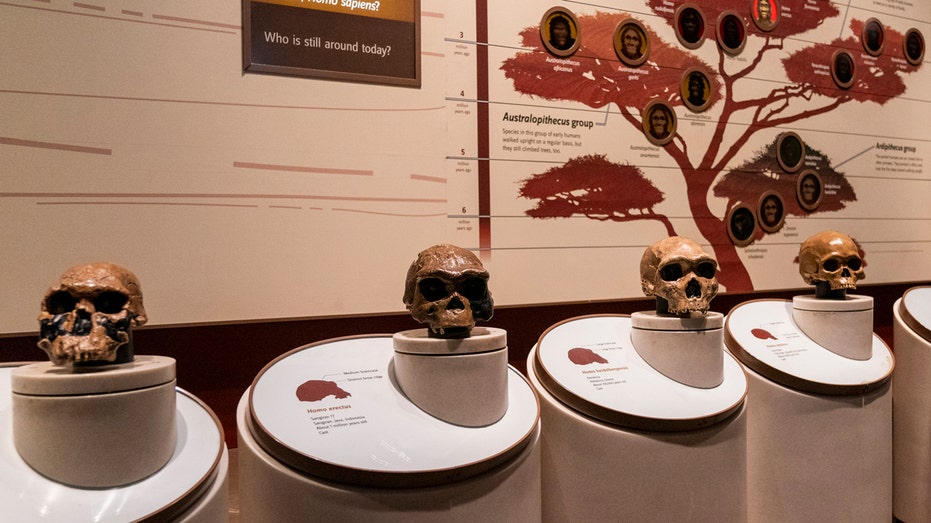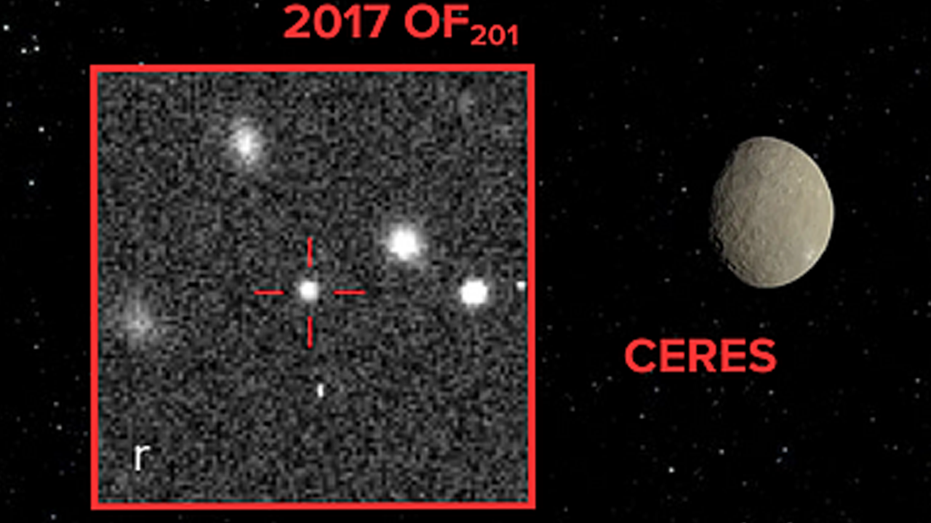Gene Discovery: The Key to Why We Can Chat and Neanderthals Couldn't?

Sarah Johnson
March 1, 2025
4 min read
Brief
A new study links the human-specific NOVA1 gene variant to spoken language, revealing how this genetic trait shaped communication and survival in Homo sapiens, unlike Neanderthals.
Scientists are buzzing about a new study linking a specific gene to the emergence of spoken language in humans. Apparently, this genetic twist gave us the gift of gab, which, let's be honest, has been pretty crucial for our survival.
The research suggests that a unique protein variant, NOVA1, found only in humans, might be the secret sauce behind our ability to communicate verbally. This skill allowed our ancestors to share vital information, work together, and pass down knowledge through generations. Basically, it gave us a leg up on our extinct cousins like Neanderthals and Denisovans.
Liza Finestack from the University of Minnesota, though not involved in the study, calls it "a good first step" in pinpointing the specific genes that influence speech and language development.
Dr. Robert Darnell, an author of the study published in Nature Communications, explains that this gene variant is one of many that helped shape Homo sapiens into the dominant species we are today. Darnell and his team at Rockefeller University used CRISPR gene editing to swap the mouse version of the NOVA1 protein with the human version. The result? The mice started vocalizing differently.
Baby mice with the human variant had a different squeak when calling for their moms, and adult male mice chirped differently when trying to woo a female. "They spoke differently" with the human variant, Darnell noted, highlighting its role in speech. It's like they suddenly developed a tiny, squeaky language all their own!
This isn't the first time a gene has been linked to speech. Back in 2001, the FOXP2 gene was identified as the "human language gene." However, it turned out that Neanderthals shared that gene with us. The NOVA1 variant, on the other hand, seems to be exclusively ours.
Of course, genes aren't the only factor in our ability to speak. Our throat anatomy and specific brain regions also play crucial roles. Darnell hopes this research will not only shed light on our origins but also pave the way for new treatments for speech-related problems. Finestack suggests that these findings might one day help us identify individuals who might need speech and language interventions early in life.
"That’s certainly a possibility," she said.
Topics
NOVA1 genehuman language evolutionspeech developmentgenetic researchspoken languageNeanderthalsCRISPR editingcommunication genesNature Communications studyHomo sapiensGeneticsEvolutionNeuroscienceLanguage
Editor's Comments
This is fascinating! It's amazing to think that a single gene variant could have played such a significant role in shaping human communication. It really puts our endless chatter into perspective, doesn't it?
Like this article? Share it with your friends!
If you find this article interesting, feel free to share it with your friends!
Thank you for your support! Sharing is the greatest encouragement for us.



